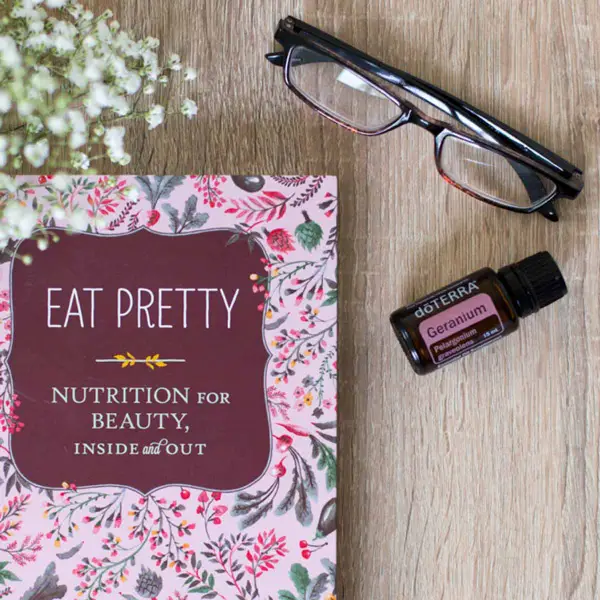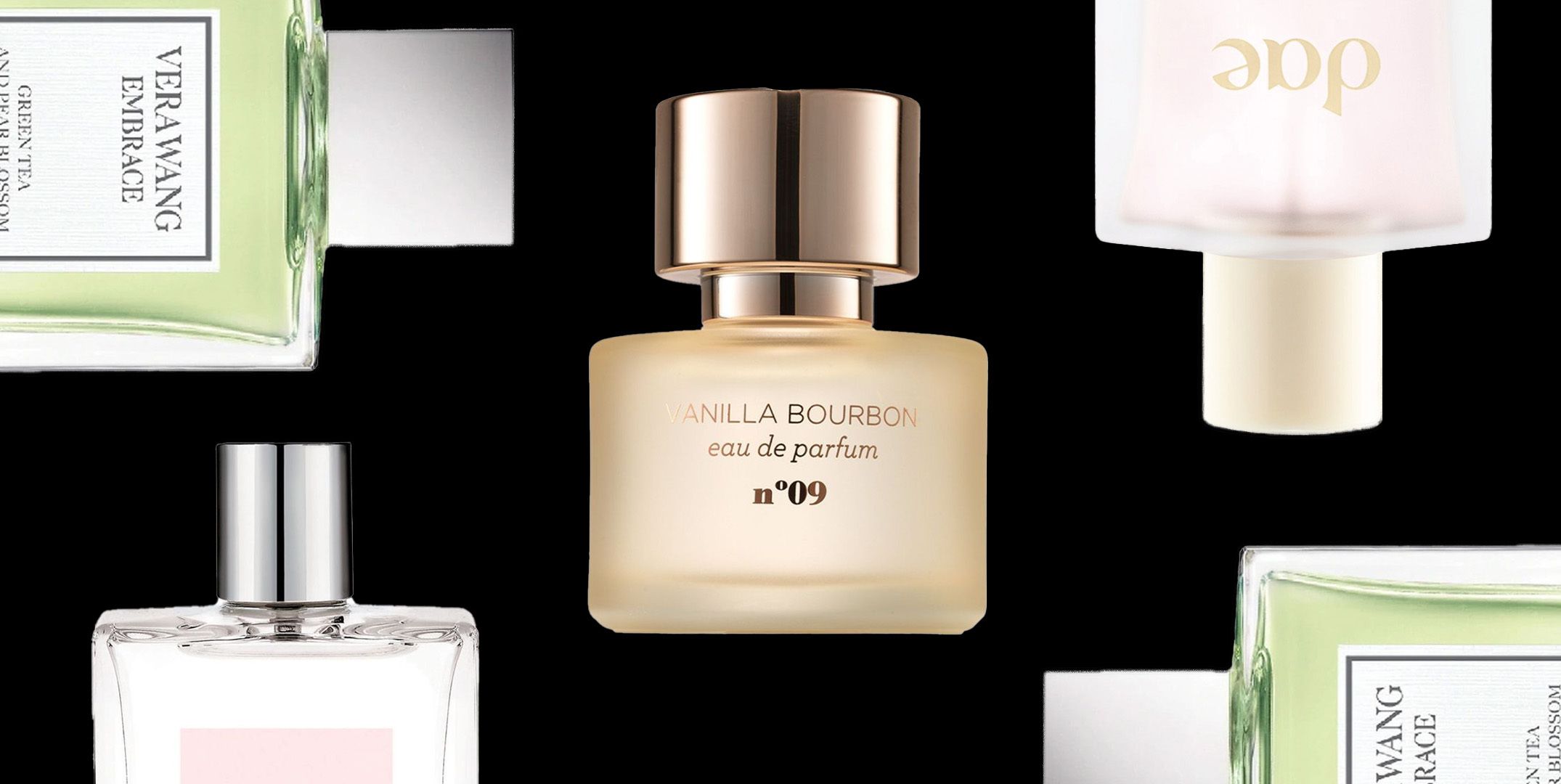Eau de toilette is a type of fragrance with a lower concentration of essential oils compared to perfume. Eau de toilette refers to a fragrance category that contains a lower concentration of essential oils compared to perfume.
It is a lighter and less concentrated scent option, often preferred for everyday use. The term “eau de toilette” originates from the French phrase meaning “toilet water,” implying its use as a refreshing and revitalizing fragrance. With its lower perfume oil concentration, eau de toilette offers a subtler and more delicate aroma, making it an excellent choice for those who prefer a lighter and less overpowering scent.
Eau de toilette is commonly available in spray bottles, allowing for easy and convenient application. Whether for personal use or as a gift, eau de toilette provides a pleasant and refreshing fragrance experience.
Understanding The Basics Of Eau De Toilette
Eau de Toilette is a term often encountered in the fragrance industry. This type of perfume is typically lighter and less intense compared to other fragrance categories. Eau de Toilette originates from French perfumery, where it was developed as a refreshing alternative to more concentrated scents.
Perfumery has played a significant role throughout history, with fragrances used for various purposes, from religious ceremonies to personal grooming. It is essential to understand the distinction between Eau de Toilette and other fragrance terms such as Eau de Parfum or Cologne.
Eau de Toilette refers specifically to the concentration of the fragrance oils in the formula, resulting in a more subtle and short-lasting scent. By grasping the basics of Eau de Toilette, you can make informed decisions when selecting perfumes suited to your preferences and needs.
Key Characteristics Of Eau De Toilette
Eau de Toilette, a term commonly used in the fragrance industry, represents a specific type of perfume. It is characterized by a moderate concentration of fragrance oils, typically ranging from 5% to 15%. This composition ensures a lighter and more subtle scent, providing a refreshing experience.
Although the intensity and longevity may not match that of other perfume types, Eau de Toilette is favored for its versatility. Its lighter nature makes it ideal for everyday use, especially during warmer seasons. The scent is not overpowering and can be enjoyed in various settings and occasions.
Whether you want a fragrance that complements your office attire or adds a touch of freshness to your casual outings, Eau de Toilette is a popular choice. Its balanced fragrance concentration ensures a pleasant olfactory experience without overwhelming the senses.
Decoding The Fragrance Notes Of Eau De Toilette
Eau De Toilette is a term used in the fragrance industry to denote a type of perfume or cologne. It is a French phrase that translates to “toilet water” in English. Decoding the fragrance notes of Eau De Toilette helps us understand its composition.
The top notes make up the first impressions of the fragrance and are designed to captivate the senses. They are usually light and fresh. The heart notes form the core of the fragrance and give it depth and character. These notes are what you smell after the initial top notes have faded.
Finally, the base notes create a lasting presence and are responsible for the long-lasting scent. They are often rich and warm, providing a solid foundation for the fragrance. Understanding the different notes can help us choose a fragrance that suits our preferences and personality.
Exploring The Evolution And Trends Of Eau De Toilette
Eau de Toilette, a term commonly used in the fragrance industry, signifies a type of perfume with a lighter fragrance concentration than others, like Eau de Parfum or Perfume. Historically, Eau de Toilette evolved from the concept of scented waters, which were favored by ancient civilizations for their refreshing qualities.
Over time, fragrances became more complex with the addition of various aromatic compounds. Eau de Toilette captures the essence of these fragrance families, including floral, citrus, and woody notes, among others. It has witnessed innovation and new directions through the introduction of modern accords and unique combinations.
As a result, Eau de Toilette continues to captivate our senses, offering an array of scents that cater to diverse preferences and trends. Understanding this evolution allows us to appreciate the timeless allure of Eau de Toilette in the world of perfumery.
The Fine Art Of Application And Storage
Eau De Toilette is a term used to describe a type of fragrance that has a lower concentration of essential oils compared to perfumes. When applying this scent, it’s important to use proper techniques to maximize its longevity. Start by applying it to pulse points on your body, such as the wrists and neck.
Gently dab the fragrance rather than rubbing it in, as this can alter the scent. To make it last longer, consider moisturizing your skin before application and layering it with a matching body lotion or oil. As for storage, keep your Eau De Toilette away from direct sunlight and extreme temperatures.
Store it in a cool, dark place to preserve its quality. By following these tips, you can fully enjoy the fragrance and make it last throughout the day.

Credit: m.youtube.com
Debunking Common Myths Around Eau De Toilette
Eau de Toilette is often misunderstood, but let’s debunk the common myths surrounding it. One prevalent misconception is its comparison to Eau de Parfum. While Eau de Toilette contains less fragrance concentration, it doesn’t diminish its quality. Addressing misunderstandings is crucial, as some assume it means a weaker scent.
This couldn’t be further from reality. Eau de Toilette is designed to provide a refreshing and invigorating aroma that lingers throughout the day. Emphasizing fragrance concentration can lead to misconceptions, as it’s only one aspect of a perfume’s composition. It’s important to know that Eau de Toilette offers a wide variety of captivating scents and can be the perfect choice for those seeking a lighter fragrance option.
Let’s unveil the truth about Eau de Toilette and appreciate its unique qualities.
The Versatility And Allure Of Eau De Toilette
Eau de Toilette is a fragrance term that exudes versatility and allure. Its seasonal adaptability makes it an excellent choice for both warm and cool weather. This fragrance category transcends gender boundaries, appealing to people of all gender identities. Many individuals find Eau de Toilette to be the perfect signature scent, as it embodies their unique personality and style.
Its light and refreshing notes offer a subtle and lasting fragrance throughout the day. With its wide range of scents and concentrations, Eau de Toilette allows individuals to express themselves in a way that is both personal and captivating. Whether you prefer floral, citrus, or woody notes, Eau de Toilette offers something for everyone.
Discover the charm and versatility of this fragrance category and find your perfect scent today.
Exploring The World Of Fragrance: Related Topics And Beyond
Eau de Toilette refers to a type of fragrance that is lighter and less concentrated than perfume. It contains between 5% and 15% fragrance oils and is typically used for everyday wear. Fragrances are classified into different families based on their aromatic compositions.
These families include floral, oriental, woody, and fresh. Understanding fragrance terminology can help you navigate the world of scents and find your perfect match. Finding the right fragrance involves personal discovery and exploration, as everyone’s preferences and body chemistry are unique.
Whether you prefer a floral, citrusy, or musky scent, there is a perfect fragrance out there waiting for you. So, dive into the fascinating world of fragrances and uncover your signature scent.
Frequently Asked Questions For What Does Eau De Toilette Mean
What Is Difference Between Perfume And Eau De Toilette?
Perfume has a higher concentration of fragrance oils compared to eau de toilette.
What Does Eau De Toilette Mean Literally?
Eau de toilette means “water of the toilet” in French. It refers to a type of perfume or fragrance with a light concentration.
Which Is Better Perfume Or Toilette?
Perfume and toilette differ in their concentration, with perfume being stronger and longer-lasting.
What Lasts Longer Perfume Or Toilette?
Perfume generally lasts longer compared to toilette because it contains a higher concentration of fragrance oils.
Conclusion
Now that you are familiar with the true meaning of “Eau De Toilette,” it’s clear that this fragrance category offers a unique blend of quality and longevity. Its lighter concentration of essential oils makes it a popular choice for everyday wear, providing a refreshing and invigorating scent that lingers throughout the day.
Whether you prefer floral, citrus, or woody notes, Eau De Toilette offers a wide range of options to suit your personal style. Remember to consider the occasion and your desired level of fragrance intensity when selecting the perfect Eau De Toilette for you.
By understanding the significance of this term, you can confidently choose the right fragrance that will leave a lasting impression. Enhance your scent collection and enjoy the delightful experience of wearing Eau De Toilette!









